In this article
View 2 More +You’re playing with your dog when suddenly you get a whiff of something foul. What is that awful smell? You search all around for signs of garbage or something dead, but it turns out it was your pet’s doggy breath all along.
Thankfully, there are ways that you can freshen up your dog’s breath and make playtime a much more enjoyable experience for everyone. Below, we’ll discuss 15 home remedies so you know how to get rid of bad dog breath fast and save yourself from the stink.

What to Know Before You Start
Before searching for home remedies for a dog’s bad breath, you should make an appointment with a vet. Foul breath is often a sign of a medical condition. In that case, trying to fix the issue with a home remedy won’t be effective, and it may make your dog sicker as the condition progresses with no treatment.
Therefore, your first step should always be to consult a vet. A vet will be able to determine if your dog has dental disease or another serious issue that contributes to their bad breath. If a vet rules out the possibility of a health concern, you can then turn to home remedies.
If you need to speak with a vet but can't get to one, head over to PangoVet. It's our online service where you can talk to a vet online and get the advice you need for your pet — all at an affordable price!


The 15 Dog Breath Home Remedies
1. Carrots

If you’d ever thought that allowing your dog to chew on something crunchy would help keep their teeth clean, you’d be right. The rough, crunchy texture of carrots can help in removing unwanted bacteria that cause bad breath, as well as encouraging cleaner teeth and gums. However, if you go this route, be sure to cut the carrots up into small enough pieces so that they don’t become a choking hazard. It makes a great natural dog breath freshener for your pooch!
2. Celery
Celery is another crisp veggie that can help prevent bad breath in dogs. Celery is said to assist the salivary glands’ production, meaning it helps to rinse away bacteria from your dog’s mouth. Offer a few small pieces to your dog on occasion or when you notice that their breath is starting to smell.
3. Apples
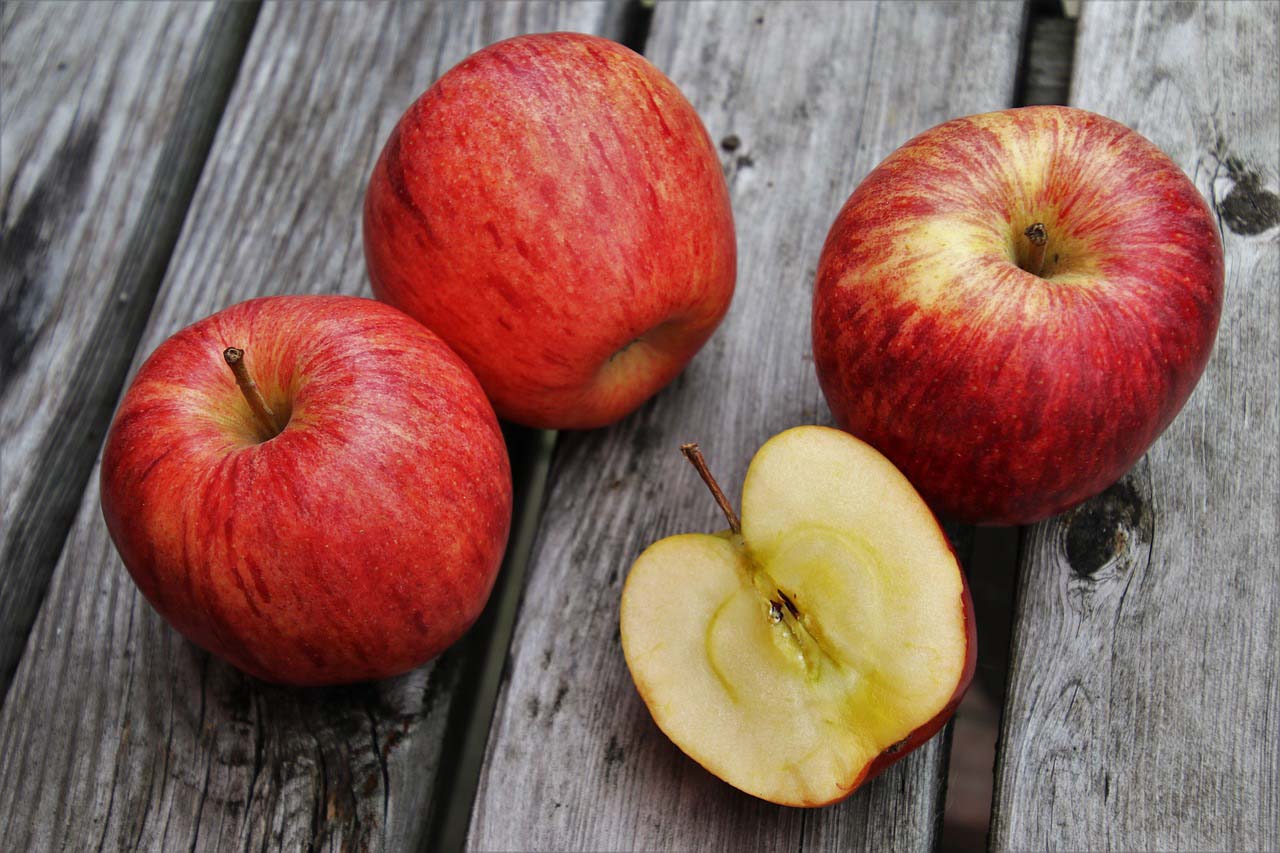
Another common food item in our homes, apples are a fruit that can help keep your dog’s teeth clean and freshen their breath. With that being said, you must remove the core and seeds. Apple seeds contain trace amounts of cyanide, which is released when they are chewed and could cause problems if consumed in large enough quantities.
4. Apple Cider Vinegar
Apple cider vinegar is abundant in minerals like potassium, magnesium, and calcium, all of which are excellent for your dog’s oral health. Better yet, since it contains malic and acetic acid, it does an excellent job at eliminating bad breath. You can simply add half a teaspoon to fresh, clean water.
5. Curly Parsley
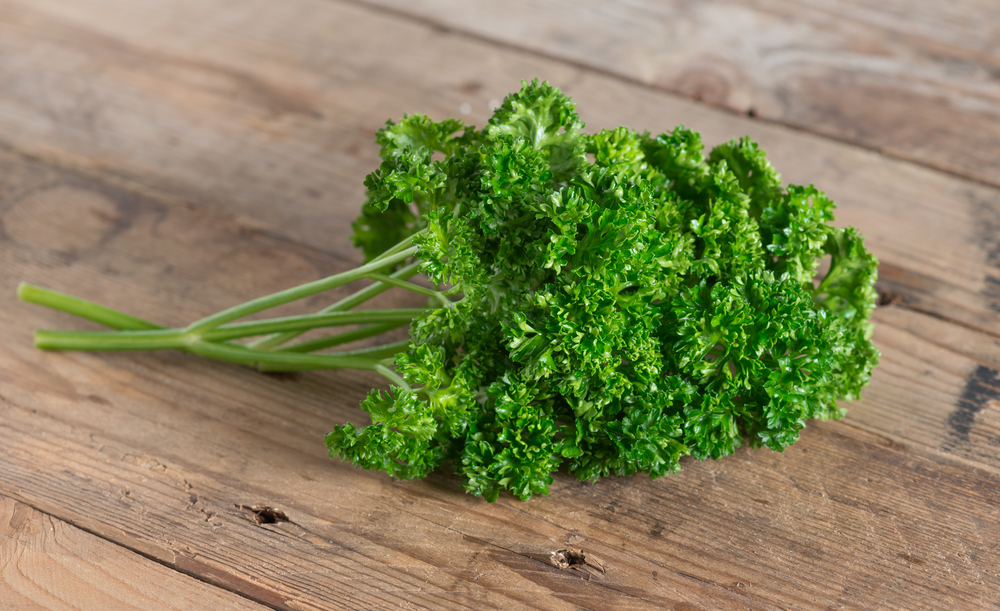
Dogs get to enjoy several of the benefits of parsley that humans do. First, parsley leaves contain chlorophyll, which is useful in eliminating odors. Second, it’s affordable. And third, it’s easy to quickly chop some up and throw it in your dog’s food bowl. However, please note that you only use curly parsley since other kinds could be potentially toxic for dogs.
6. Cinnamon
Dental water additives can boost your dog’s oral hygiene and freshen their breath. Flavorless additives can be added to your dog’s water to kill harmful bacteria in their mouth as they drink.
While most dental water additives are effective, getting a vet’s opinion on the subject never hurts. Regardless of which additive you choose, carefully read the instructions to ensure you use the proper amount.
7. Coconut Oil
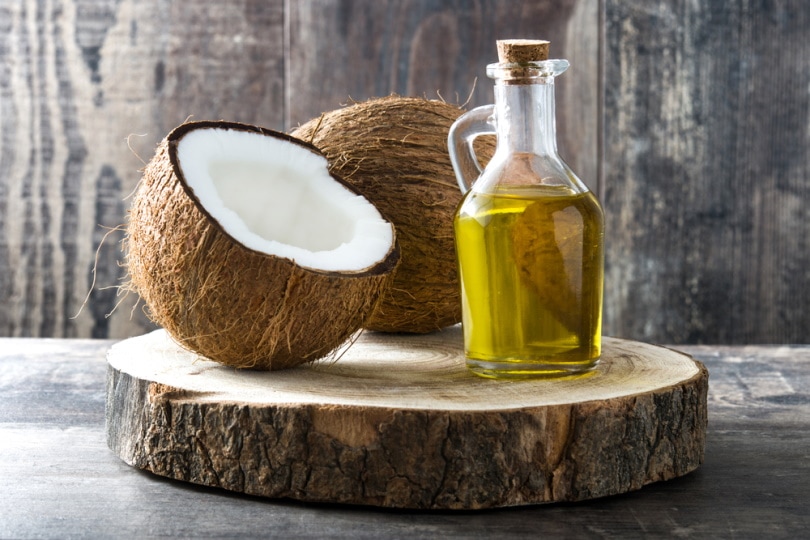
Coconut oil is another safe way to get rid of bad dog breath fast. Coconut oil contains lauric acid, which is said to have antimicrobial, antifungal, and antiviral properties. However, there are also many other benefits, like assisting in healthy digestion and metabolism.
If you plan on using this home remedy, be sure to only offer cold-pressed coconut oil or unrefined/virgin coconut oil. Only offer small amounts at a time.
8. Wheatgrass
Similar to parsley, wheatgrass is another green addition that can help keep your dog’s breath fresh. After all, wheatgrass has antibacterial properties that are sure to combat bad odors. Better yet, it’s pretty refreshing!
9. Brush Your Dog’s Teeth
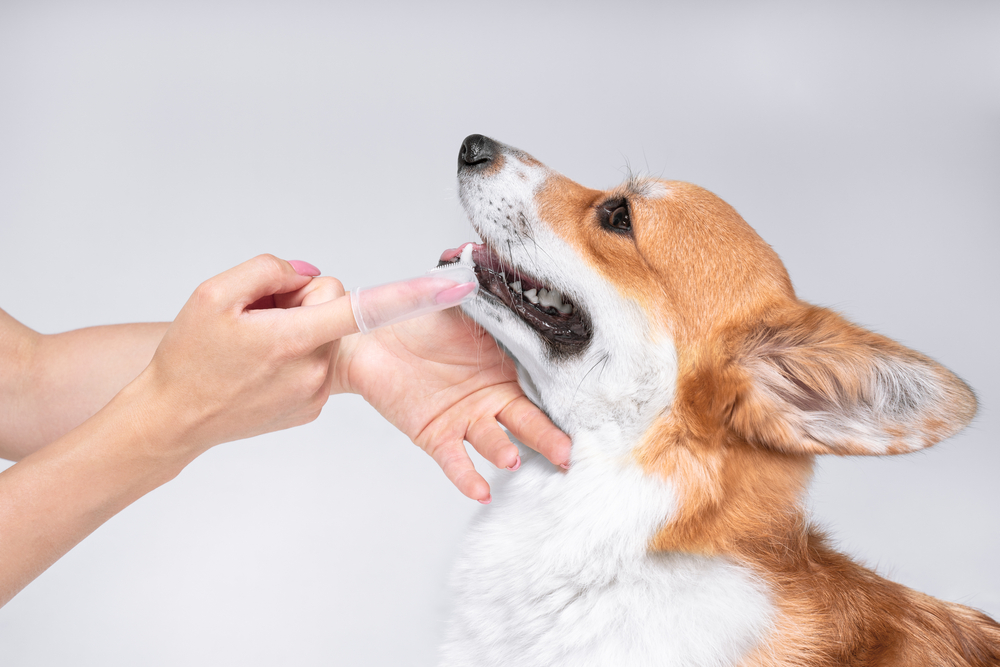
Brushing your dog’s teeth is one of the best home remedies for dog breath. Regular brushing is an essential part of canine grooming care and should be done around two to three times per week. Depending on your dog’s breed and health status, a vet may recommend brushing their teeth more often.
You can purchase canine toothpaste and a canine toothbrush to clean their teeth. You should never use human toothpaste to brush your dog’s teeth since it contains potentially hazardous ingredients. Brushing your dog’s teeth may seem like a daunting task, but it is something that you can train your pet to accept.
If you make the experience comforting and rewarding, your dog may even enjoy having their teeth brushed.
10. Use Dental Treats
If your dog is crazy about eating treats, why not take advantage of that and give them dental treats? Dental treats are designed to mechanically reduce plaque and tartar while your pup chews on them, and some contain enzymes to help remove odor-causing bacteria.
When searching for dental treats, make sure you find one displaying the Veterinary Oral Health Council’s Seal of Acceptance. This ensures that the treat you give your dog is safe and effective.
11. Feed Your Dog Dental Hygiene Diets
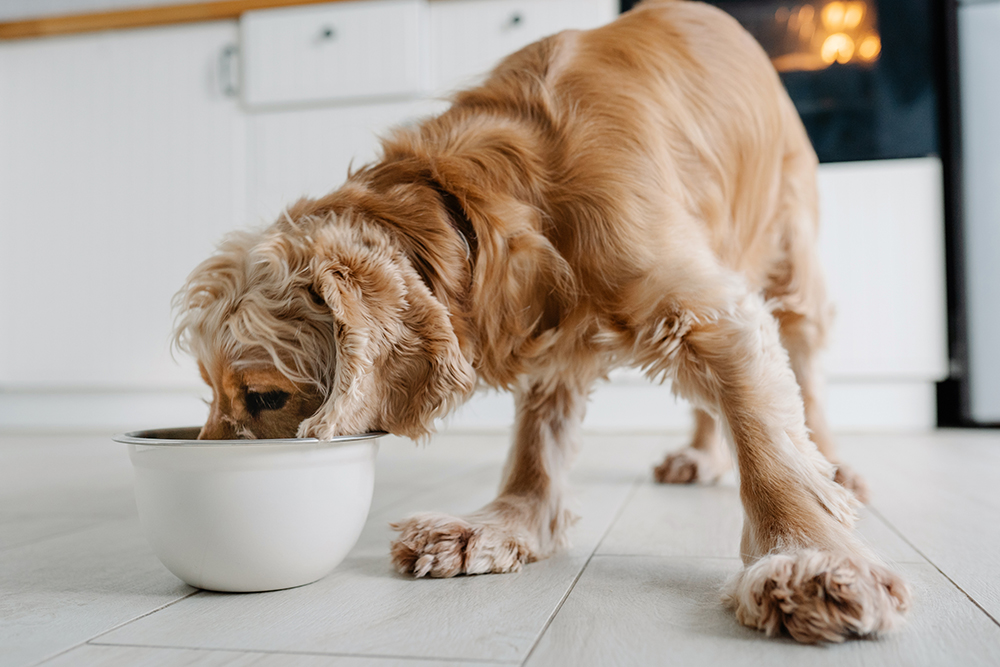
In addition to dental treats, there are dental diets that you can feed your dog. Veterinary-approved dental diets that are clinically proven to reduce dental disease risks can help keep your dog’s breath fresh. The kibble cleans your dog’s teeth and prevents tartar accumulation.
Before switching your dog to a dental diet, ask a vet if it’s suitable for your dog. Changing a dog’s diet should be done gradually to prevent an upset stomach.
12. Add Yogurt to Their Diet
The probiotics in yogurt can help balance your dog’s gut microbiome, which can have an effect on their breath. While yogurt should not be the primary source of your dog’s nutrition, it can be a beneficial snack every once in a while.
When searching for a yogurt to feed to your dog, make sure that it is plain. No flavors, sugars, or artificial sweeteners should be present. You should be especially wary of sweeteners like xylitol, which is toxic to dogs. You should also avoid chocolate yogurt since chocolate is toxic to dogs.
13. Try Dental Water Additives
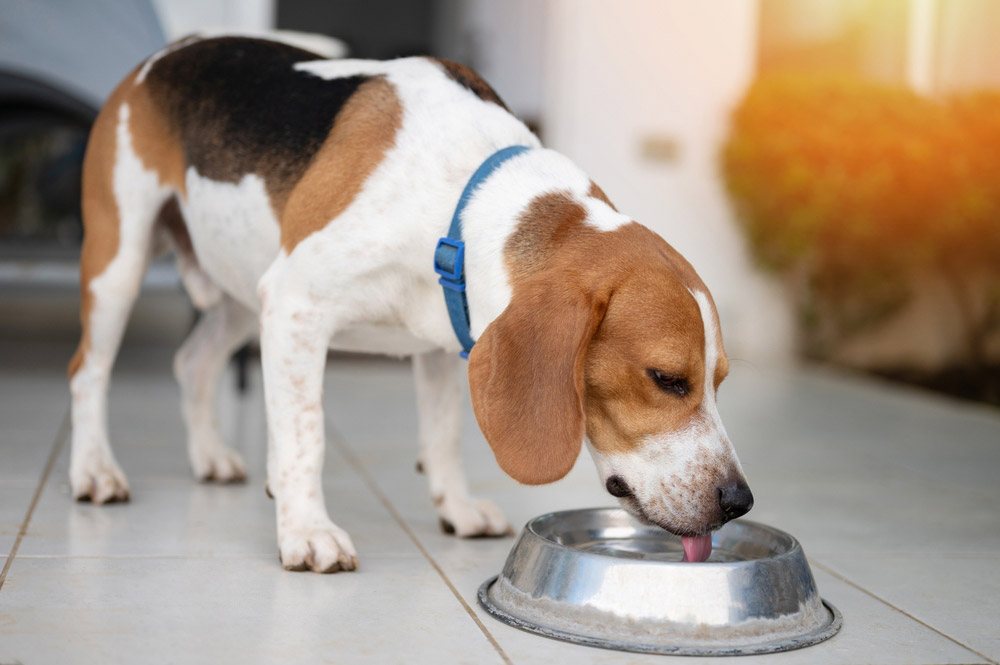
Dental water additives can boost your dog’s oral hygiene and freshen their breath. Flavorless additives can be added to your dog’s water to kill harmful bacteria in their mouth as they drink.
While most dental water additives are effective, getting your vet’s opinion on the subject never hurts. Regardless of which additive you choose, carefully read the instructions to ensure you use the proper amount.
14. Mix Dental Powder Into Your Dog’s Meals
Dental powders contain probiotics that support the growth of healthy bacteria which aid in proper digestion. While you should read the instructions on the product to ensure you are using it properly, most dental powders require you to mix a small amount into your dog’s every meal.
15. Give Them Raw Animal Bones to Chew

Chewing can remove debris and plaque and tartar buildup from your dog’s teeth. You can promote healthier teeth and better breath by giving your dog a raw animal bone.
However, not all raw animal bones are appropriate for your dog. First, you must find a bone about the size of your dog’s head. Anything smaller can be swallowed and become lodged in their throat, causing them to choke.
Similarly, you should never give your dog cooked bones. Cooked bones can splinter, and your dog could become injured if the splinters are swallowed. If giving your dog raw animal bones intimidates you, consider offering them a chew toy instead. Talk to a veterinarian for recommendations on which raw bones are best for your particular pup.

If you need to speak with a vet but can’t get to one, head over to PangoVet. It’s our online service where you can talk to a vet online and get the personalized advice you need for your pet — all at an affordable price!
Conclusion
If your dog has bad breath, take them to the vet for a check-up. If a vet rules out the possibility of a medical condition causing the issue, you can use one of the home remedies listed above to freshen your dog’s breath. We hope this article has been helpful and informative as you search to get rid of bad dog breath.
See also:
Featured Image Credit: Lucia Romero, Shutterstock
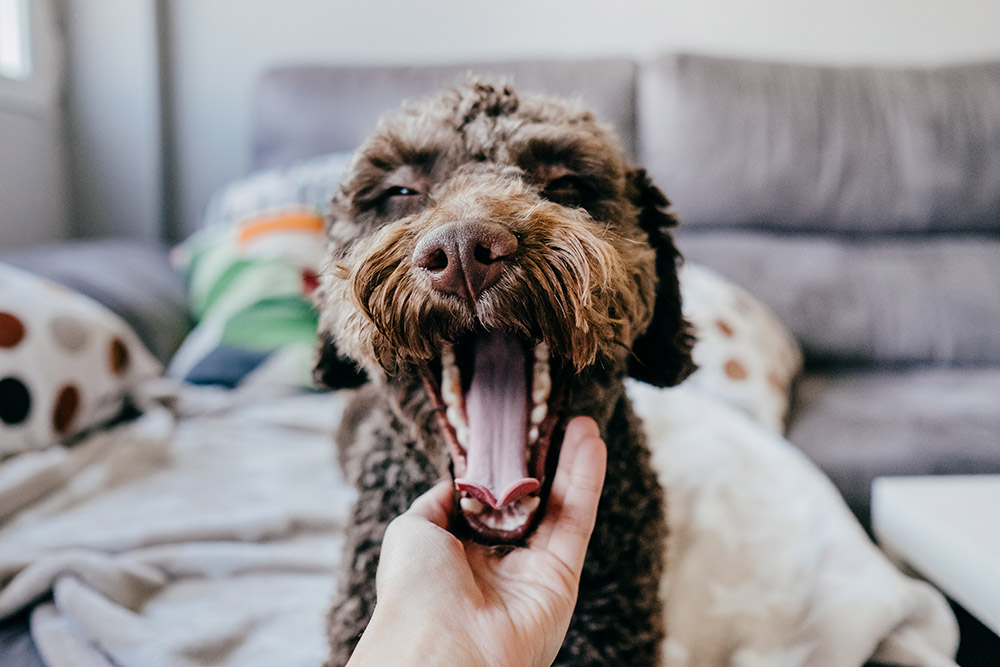







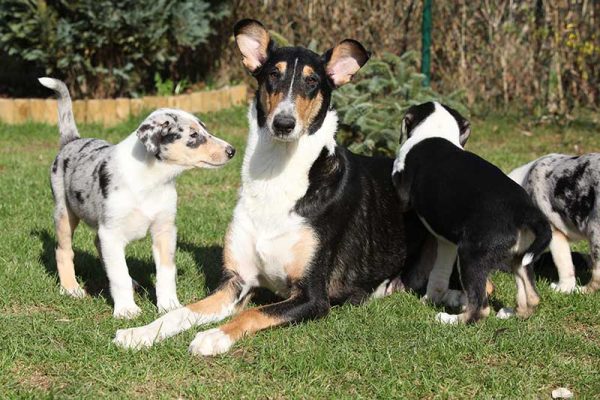
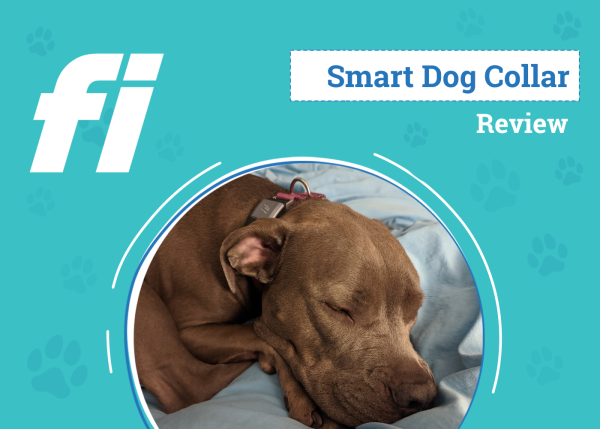

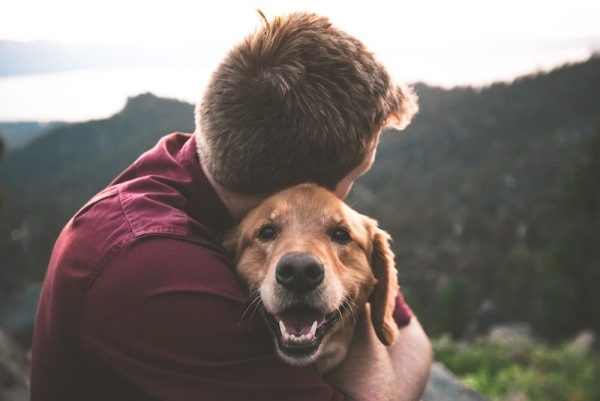

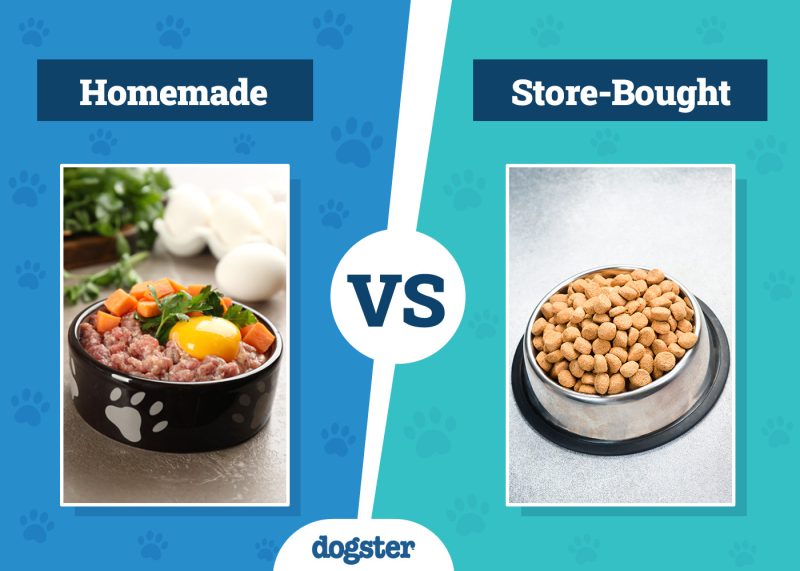
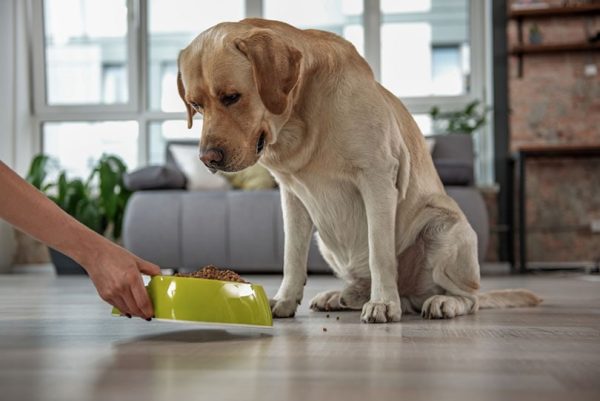

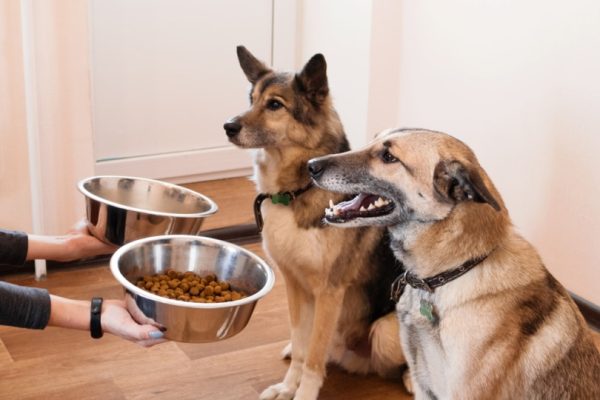
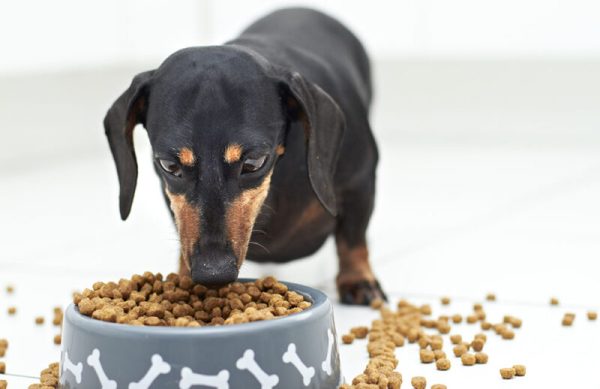
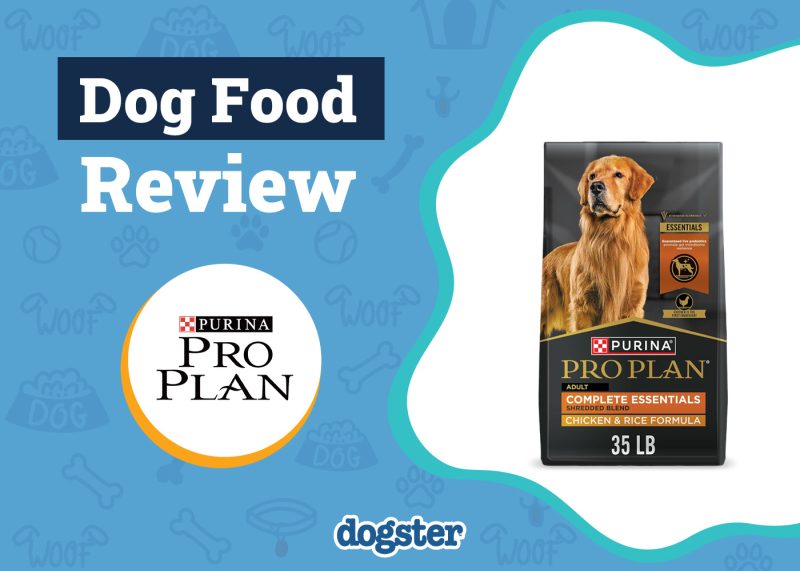




4 Responses
Thank you for your tips on bad dog breath and thank goodness there are people like you out there willing to help animal lovers. Thank you all again
Hi Jordyn! I tried to leave a message earlier but it got interrupted. Way to go with this great information! Thank you. I am trying several of your ideas.
Hugs!
Mrs. Gugin❤️